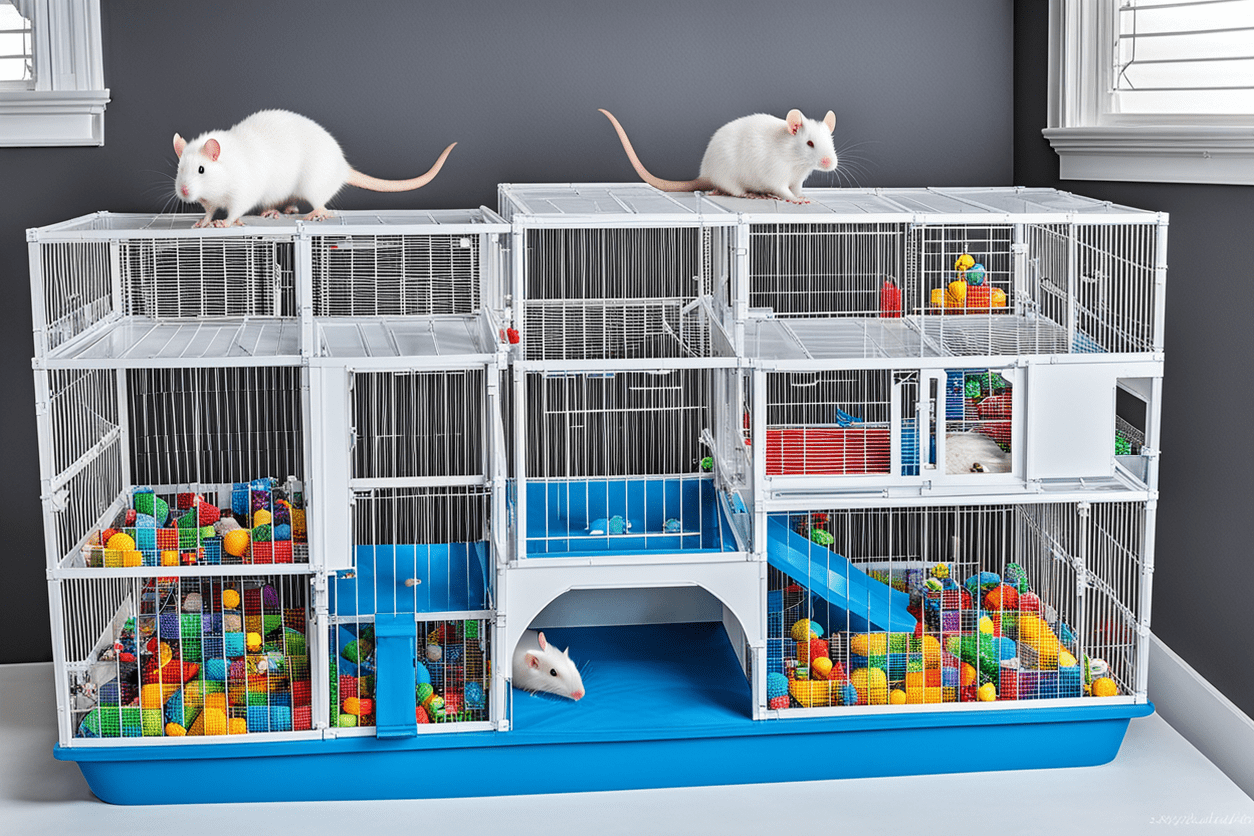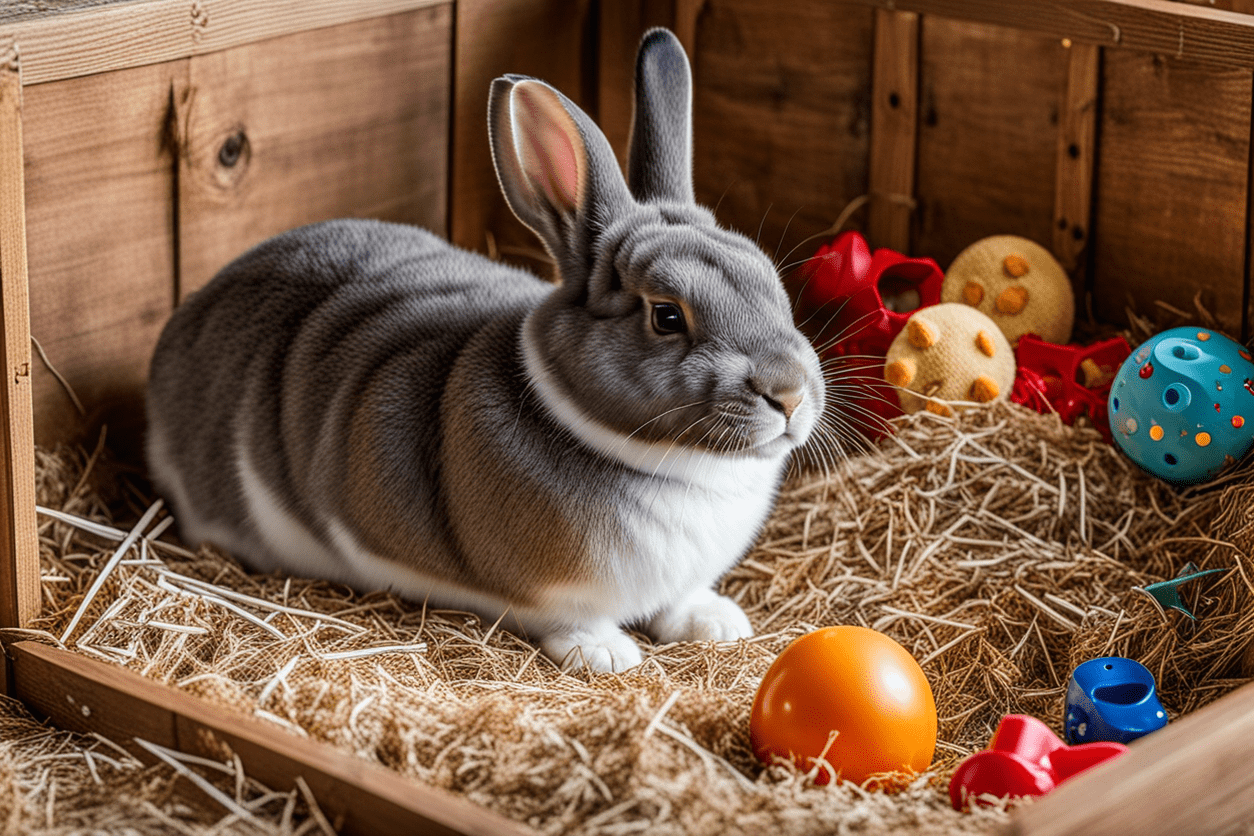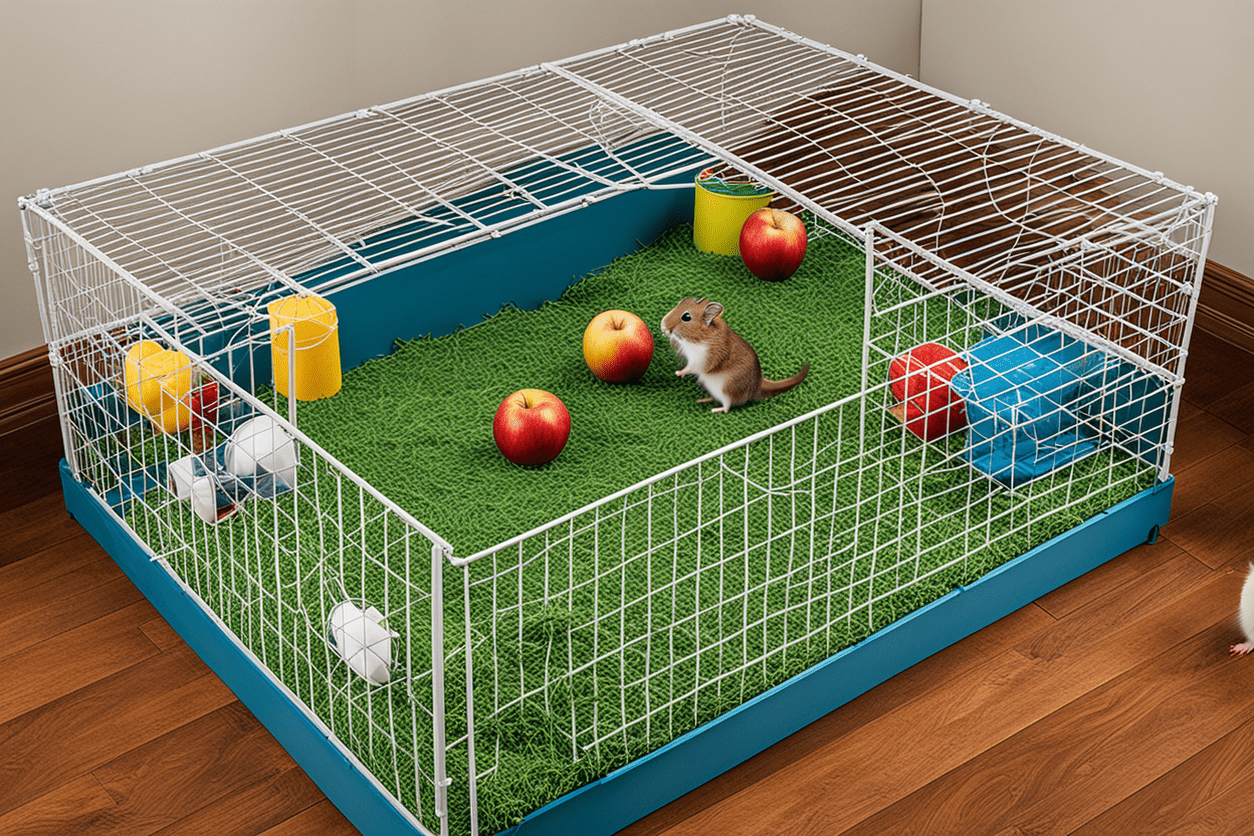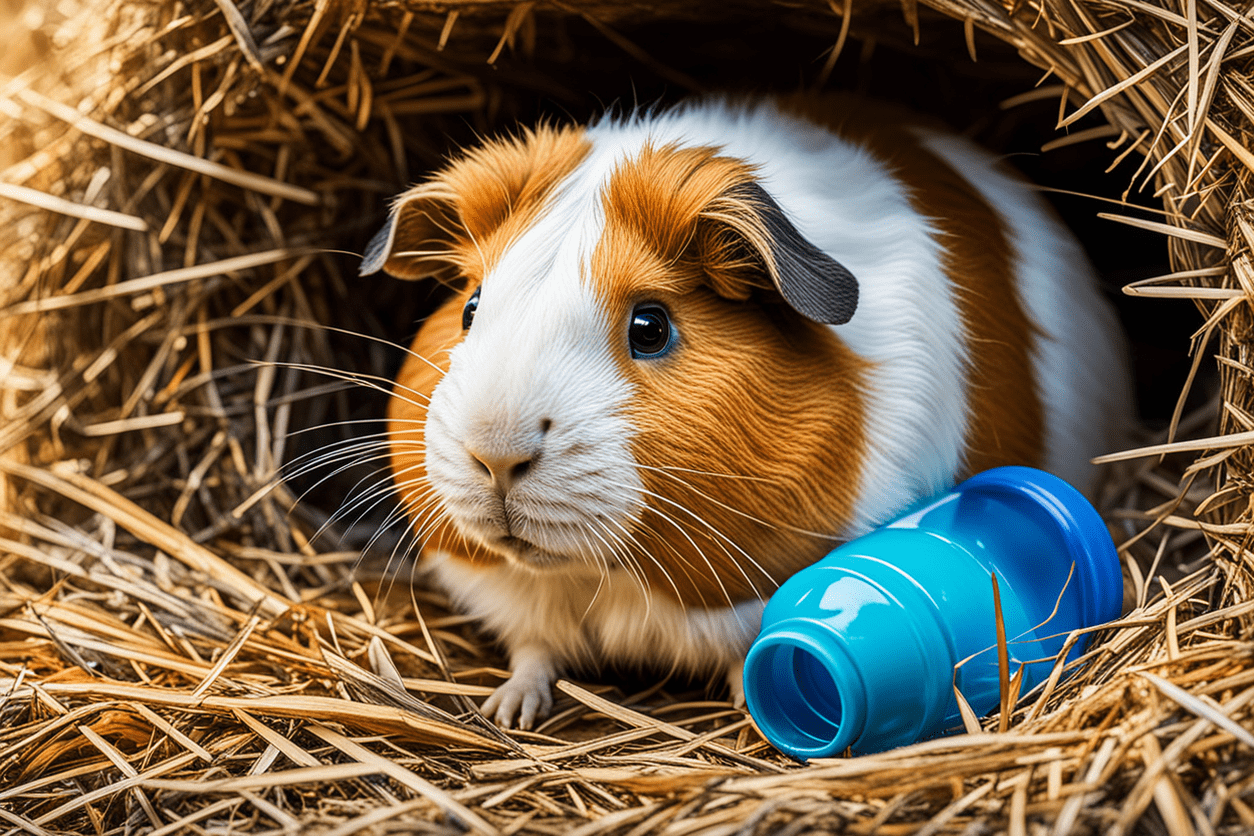Top 5 Beginner-Friendly Pet Reptiles
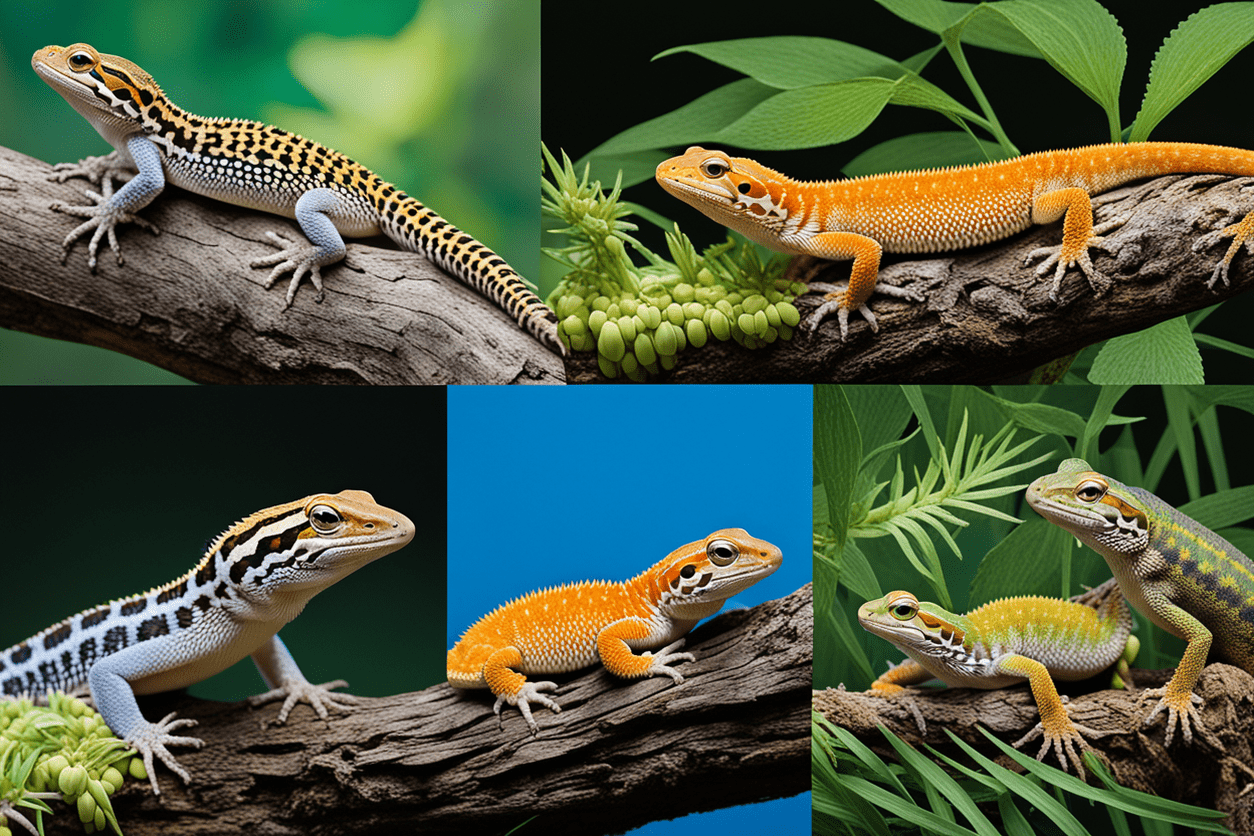
Introduction
Considering adding a reptile to your family? You're in for a treat! Reptiles can be fascinating, colorful, and, believe it or not, relatively low-maintenance pets. But, if you're new to the world of reptiles, choosing the right one can be a bit like finding a needle in a haystack. Some reptiles require meticulous care and expertise, while others are more forgiving and easier to handle. To help make your choice easier, we've compiled a list of the top 5 beginner-friendly pet reptiles.
1. Leopard Gecko
Why a Leopard Gecko?
Leopard geckos are the darlings of the reptile world. They are small, growing to about 8 to 10 inches, and have striking patterns. These geckos are known for their friendly and docile nature, making them ideal for first-time reptile owners.
Care Requirements
Leopard geckos are low-maintenance. They need a 20-gallon tank, warm and cool zones, a hide for sleeping, and occasional live insects for meals. Easy-peasy, right? Plus, they live up to 20 years, so they can be a long-term companion.
Fun Fact
Leopard geckos can detach their tails as a defense mechanism. Don’t worry, it grows back, but maybe keep the stress levels low!
2. Bearded Dragon
Why a Bearded Dragon?
The bearded dragon isn’t just a pet; it’s a friend. Known for their calm demeanor and expressive "beard" that puffs up depending on their mood, they can be very interactive.
Care Requirements
Bearded dragons need a larger setup, around a 40 to 75-gallon tank. Their diet consists of a mix of vegetables and insects, which makes feeding time a little more varied. They also require UVB lighting and a basking spot as they're diurnal, meaning they're active during the day.
Fun Fact
Bearded dragons wave at each other as a form of greeting or submission. You might catch them waving at you too!
3. Corn Snake
Why a Corn Snake?
If snakes pique your interest, the corn snake is the way to go. They are non-venomous, gentle, and relatively easy to care for.
Care Requirements
Corn snakes need a 20 to 40-gallon tank with a secure lid (they’re escape artists!). They thrive on a simple diet of mice, and with proper care, can live up to 20 years. Regular handling helps them remain tame and accustomed to human interaction.
Fun Fact
Corn snakes are named for their corn-like belly scales, not because they enjoy a diet of corn!
4. Blue-Tongued Skink
Why a Blue-Tongued Skink?
The blue-tongued skink is a fascinating reptile with—you guessed it—a blue tongue. Known for their calm and inquisitive nature, they’re a joy to watch and interact with.
Care Requirements
They need a spacious tank, around 40 to 55 gallons. Their diet is omnivorous, including vegetables, fruits, and protein sources like insects and cooked meat. They also need UVB lighting to thrive.
Fun Fact
Blue-tongued skinks use their blue tongue to startle predators. It’s their way of saying, “Back off, buddy!”
5. Greek Tortoise
Why a Greek Tortoise?
For those interested in a pet that’s a bit more slow-paced, a Greek tortoise could be your match. These little tank-like reptiles are hardy and relatively easy to manage.
Care Requirements
Greek tortoises require a spacious enclosure and a diet rich in fibrous vegetables. They also need UVB lighting and occasional calcium supplements. With proper care, they can live over 50 years – that’s quite the commitment!
Fun Fact
Greek tortoises are known for their distinct shell patterns, which can be as unique as fingerprints.
Tips for New Reptile Owners
Research is Key
Understanding your pet's specific needs is vital. Research their habitat, dietary needs, and general care requirements before bringing one home.
Regular Vet Visits
Just like any other pet, reptiles need regular health check-ups to catch any potential issues early on.
Set Up Properly Beforehand
Ensure your reptile's habitat is fully set up before bringing them home. This includes heating, lighting, and hiding spots.
Patience is a Virtue
Reptiles can be shy and may take time to get used to their new surroundings, including you. Be patient and give them time to adjust.

